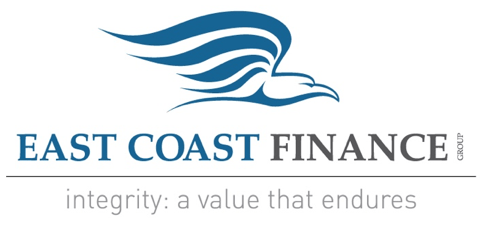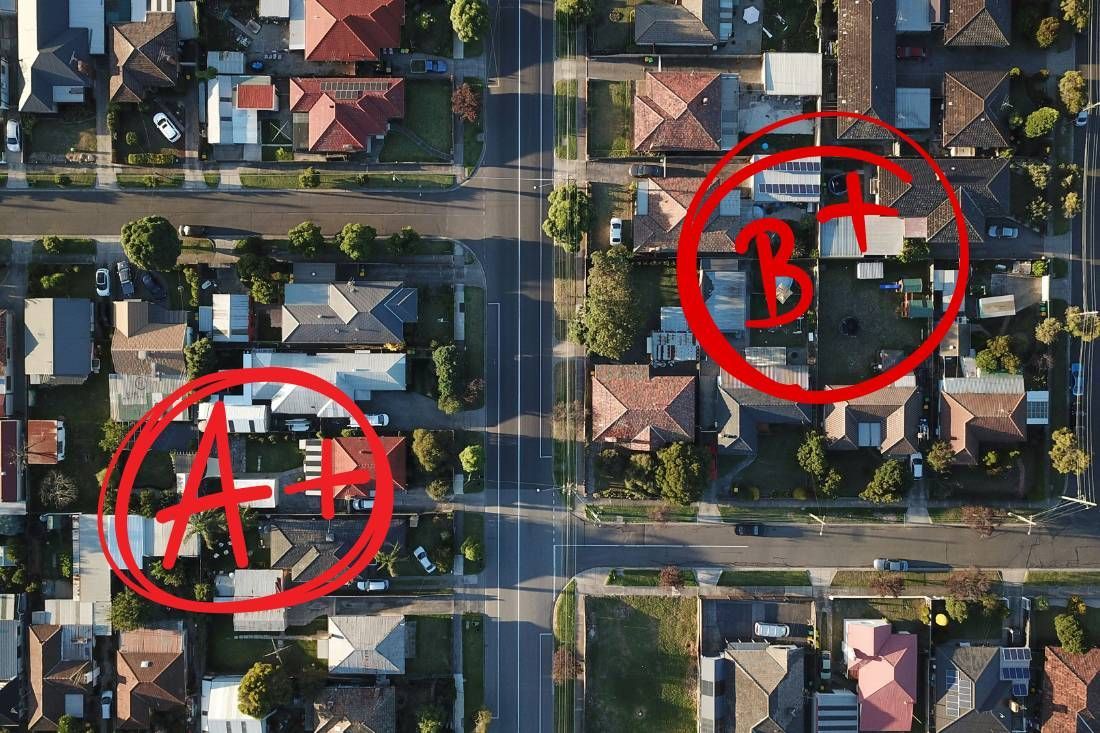Has your borrowing power increased in 2025?
Here’s a few reasons why it might have

If you haven’t checked your borrowing power recently, it might be worth another look. A lot has happened in 2025, and your borrowing capacity could be higher than you realise.
It’s been a busy year on the money front.
Tax cuts, a couple of rate cuts, and reductions in HECS debts have all potentially been a plus for our financial wellbeing.
That’s not all that’s improved.
There’s a decent chance your borrowing power has enjoyed a boost, which could make now a good time to revisit your borrowing capacity.
What shapes your borrowing power?
Your borrowing power, or as lenders like to call it – your borrowing capacity – is the amount a lender will let you borrow to buy a home.
Each lender has their own way of calculating borrowing power.
But it mainly boils down to three things: your income, your household expenses, and any other debts you may have that’ll need to be repaid alongside a home loan.
The important thing to know is that your borrowing power isn’t set in cement.
It can change over time, and recent months have seen several events that are likely to have increased your borrowing capacity.
Here are 4 reasons why your borrowing power could be on the rise.
1. Interest rates have fallen
Two official rate cuts this year have helped to lower home loan interest rates.
This time a year ago, the average variable rate on new loans was about 6.3%. Today it’s closer to 5.8%.
Lower rates mean lower monthly home loan repayments. This flows through to higher borrowing power.
How much higher?
Canstar says the February and May rate cuts could have added $23,000 to the borrowing power of a single person on the average wage. A couple may have seen their borrowing power increase by $40,000-$45,000.
2. Tax cuts have kicked in
A year ago we were celebrating the arrival of Stage 3 tax cuts that put money back in our hip pockets.
Tax cuts can have another happy side effect.
Paying less tax can mean more after-tax income. This converts to higher borrowing power.
The uptick can be surprisingly generous.
According to Compare the Market, the Stage 3 tax cuts could mean a couple with no kids has seen a $47,000 increase in their borrowing capacity.
3. Wages are up
Around 2.9 million Australians received a pay rise from the start of July thanks to a 3.5% increase in the National Minimum Wage and award wages.
Even if you’re not covered by these wage rises, the boss may have agreed to give you a pay rise from 1 July.
Or a new job could see you earning more.
Talk to us to know how a bigger pay packet may have impacted your borrowing power.
4. Lenders are treating HECS-HELP debts differently
In the past, lenders have typically included student debt – that’s HECS-HELP loans – in their loan serviceability calculations.
In 2025 however, lenders have been given the flexibility to overlook HECS-HELP repayments as long as the outstanding student debt is close to being paid off.
If this sounds like you, your borrowing power may now be higher than you expect.
Steps you can take to potentially lift your borrowing power
Keen to boost your borrowing capacity further? It may be done by following some, or all, of the steps below:
Reduce regular expenses: lenders take household expenses into account when deciding how much you can borrow. Trimming back a few regular bills can make a difference to your borrowing power. Consider cutting back subscriptions for apps and streaming services, the gym, or shop around for cheaper power or phone plans.
Cut your credit card limit: lenders assess your borrowing capacity based on your card’s credit limit, not the outstanding balance. As a rough guide, every $10,000 of credit card limit can reduce your borrowing power by about $50,000. If you’re not keen on cancelling a card altogether, consider contacting the card issuer to lower the credit limit.
Keep a lid on other debts: the more you can cut back other debts, such as personal loans or car loans, the higher your borrowing power can be. Sure, it’s not easy paying down debt. But keep your eyes on the prize – it could take you closer to buying your first, or next, home.
Get to know your number
Just because you can borrow more, doesn’t mean you should borrow more.
Even so, it’s always worth knowing your personal borrowing capacity – it’s a key number that can help you achieve your property goals.
Get in touch if you’d like to find out your current borrowing power.
We can share ways you can improve your borrowing capacity, and explain how you can make the most of it to apply for a loan that matches your needs.
Disclaimer: The content of this article is general in nature and is presented for informative purposes. It is not intended to constitute tax or financial advice, whether general or personal nor is it intended to imply any recommendation or opinion about a financial product. It does not take into consideration your personal situation and may not be relevant to your circumstances. Before taking any action, consider your own particular circumstances and seek professional advice. This content is protected by copyright laws and various other intellectual property laws. It is not to be modified, reproduced or republished without prior written consent.














